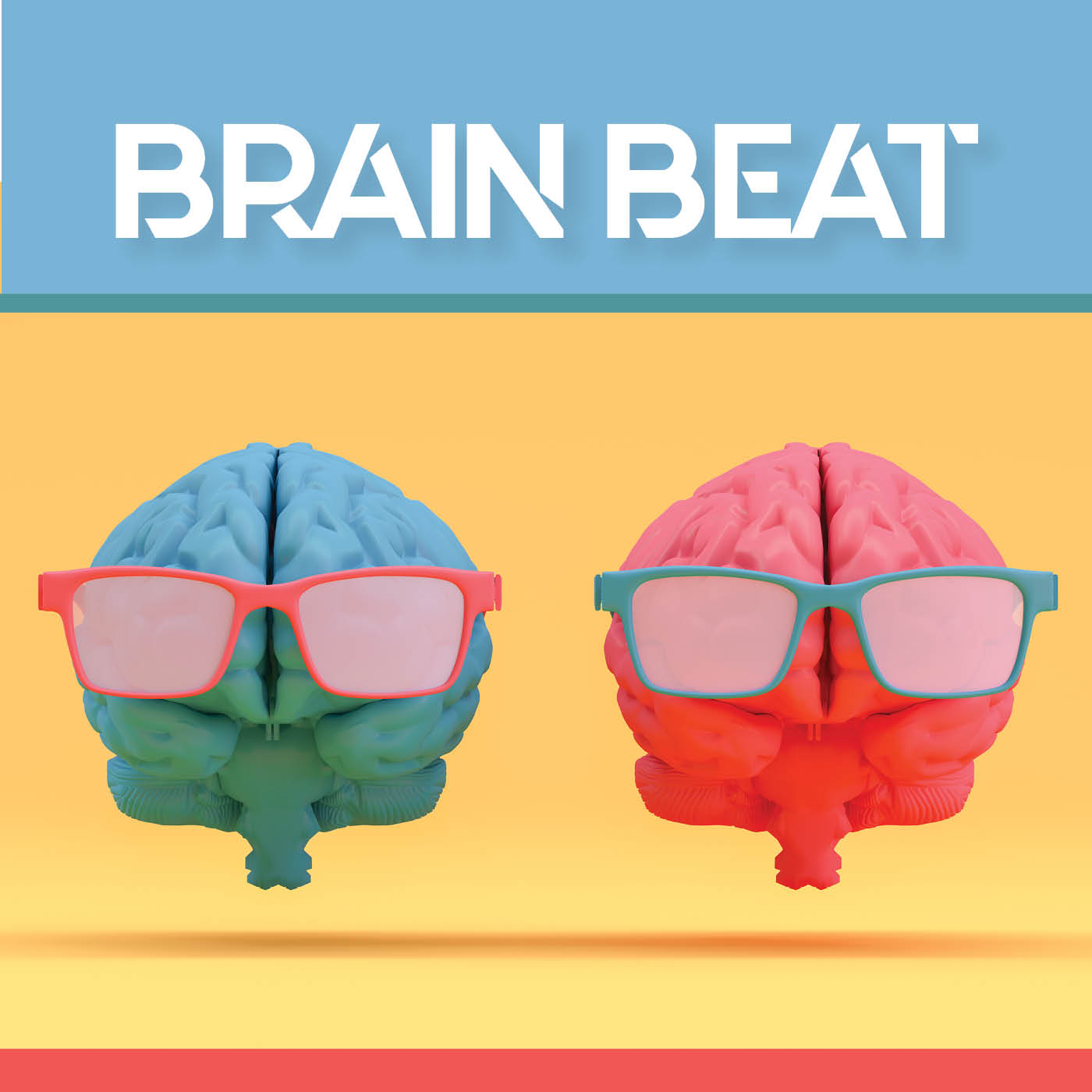We can't find the internet
Attempting to reconnect
Something went wrong!
Attempting to reconnect

Access AI content by logging in
Updating The Seven Sins of Memory with Dr. Daniel Schacter
Dr. Daniel Schacter, professor and past chair of psychology at Harvard University and world leader in the neuroscience of memory, joins Heidi on the podcast today to provide an update on his now 20 year old seminal work, The Seven Sins of Memory: How the Mind Forgets and Remembers. Throughout his illustrious career, Dr. Schacter has made pioneering contributions that have shaped our understanding of memory, and his work, including over 400 peer-reviewed articles, has garnered numerous accolades, including election to the American Academy of Arts and Sciences and the National Academy of Sciences. He has received several awards for his research, including the Warren Medal from the Society of Experimental Psychologists, Award for Distinguished Scientific Contributions from the American Psychological Association, and he has recently completed an updated 20th anniversary edition about the Seven Sins of Memory that will be published in the fall.
Today, Dr. Schacter begins by sharing what he has learned about memory since he first published his book, reviewing the seven sins, and highlighting his most surprising findings regarding them. He then conducts a masterclass on memory, addressing such topics as Highly Superior Autobiographical Memory (HSAM), the impact of the pandemic, recent media and political messaging, technology, and virtual learning upon our memories, as well as the role memory plays in such complex situations as racism. He also explores memory’s role in imagining our future, how its vices can also be virtues, the projects he is most excited about currently, and finishes up by sharing his advice regarding brain and memory health. An undisputed expert in the field, Dr. Schacter has most likely forgotten more about memory than many of us actually know about it, rendering this truly an episode you will not soon forget.
Episode Highlights:
- What Dr. Schacter has learned over the past two decades about the ways memory is imperfect
- The seven sins of memory
- His most unexpected findings
- Highly Superior Autobiographical Memory (HSAM), anti-transcience, and the struggles of those who exhibit them
- How our memories of the tumultuous events of the past year and a half might play out in our lives
- How media or political messaging after the election or the Capitol Riot might affect memories of those events
- How the sins of memory play a role in our understanding of, or reaction to, such complex situations as our troubled history with racism
- How the ubiquitous nature of technology has changed our memory
- Differences in our memory for things that we did or learned virtually
- The impact on the memory of having a copious photographic record of your life
- How the vices of memory can also be virtues
- Memory’s role in imagining our future
- The role of emotion in memory
- Techniques we can use to improve memory
- The projects in his lab that he is most excited about at the moment
- Dr. Schacter’s advice regarding brain/memory health
Quotes:
“I was impressed that in looking back over 20 years by how much more we've learned both at the basic science level, and also at the applied level.”
...